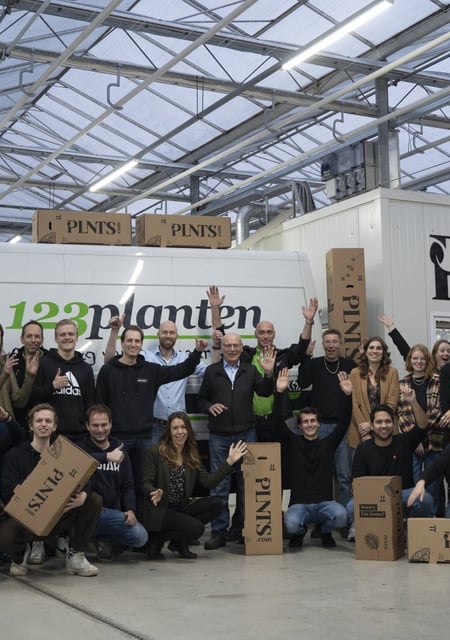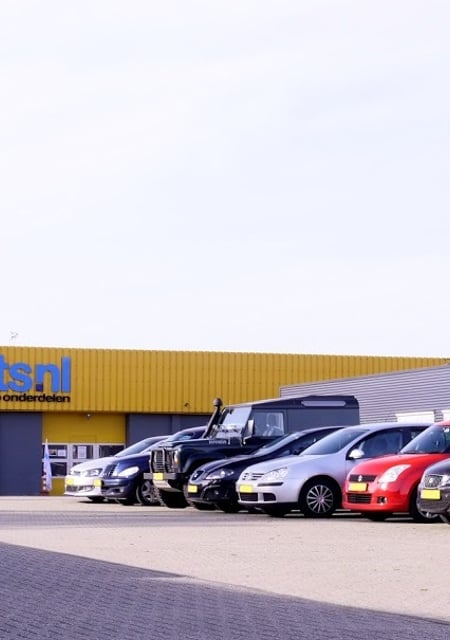
E-Commerce
Buy or sell a company?
E-commerce has had a major boost driven by structural digitisation and strengthened by pandemic lockdowns. Traditional consumers and business were involuntarily introduced to e-commerce during this period.
The e-commerce sector covers all online commerce, including webshops and services retrofitted by businesses that seek to create an omnichannel revenue model.
Trends and developments in e-commerce
Hundreds of webshops start up each year, but many are short-lived. Logistic challenges, advertising costs, the cost of returns, and customer service problems can all lead to a webshop being for sale. To stay successful, webshop owners must respond to customer demands, including prioritising sustainability in a sector with above-average CO2 emissions. Many e-commerce companies have responded by committing to eco-friendly packaging and delivery. Keeping up with changing expectations and responding appropriately is crucial. Voice-controlled online shopping and ultra-quick delivery are increasingly important, while augmented reality and virtual reality – allowing the consumer to ‘try out’ products at home – are likely to gain in popularity. Above all, consumers value a personalised experience – a tried and tested way for e-commerce companies to distinguish themselves from competitors. |
Over 35.000 entrepreneurs preceded you
The rise and rise of FBA
The pandemic scramble for online purchases has passed its peak, leaving Amazon more popular than ever. Fulfilment by Amazon (FBA) has lowered the barrier of entry for e-commerce sellers who could not otherwise reach global markets, with a recent surge of interest and activity around aggregators and corporate aggregation divisions that acquire and manage multiple FBA sellers, benefitting from economies of scale.
By leveraging their resources and expertise in supply chain management, technology, marketing, and sales, aggregators can quickly scale-up the businesses they acquire. Simply changing the photographs and text can lead to a huge uptick in sales. It’s fast-growing market that’s attracting great interest from private equity investors and venture capital firms.
Buying or selling a webshop
There are few barriers to starting a webshop or e-commerce company. Many are one-person businesses with no premises and little start-up capital. But keeping up with trends and developments requires investment, so it can be wise to partner with a competitor for mutual benefit.
Even with FBA In place, e-commerce SMEs are up against aggressive brands with big marketing budgets, and competition piles on the pressure to offer cheap prices and free shipping. The profits from a single webshop can be modest, so selling to a ‘roll-up’ can be enticing. Smaller e-commerce companies may also outgrow their original teams, competences, and logistics, providing a strong motive to put a webshop up for sale.
Buyers sometimes offer a revenue share model, but often the original webshop owner simply exits the company.
Marktlink: your specialist for e-commerce acquisitions
Each year, more than a thousand entrepreneurs in this sector use the Marktlink Multiple to calculate their business value. We regularly guide the transaction process for companies in the e-commerce sector and have unrivalled market knowledge and a substantial portfolio of potential buyers and sellers.
Are you looking for a partner or an investor, or do you want to join forces with another company? Marktlink can help you realise your ambitions. Always committed, independent and professional, we have a large national and international network, and detailed knowledge of local and global markets.
Our specialists will use their knowledge and experience proactively, to help you find the right successor or implement your growth strategy in the dynamic e-commerce industry.
Contact us now for more information.






